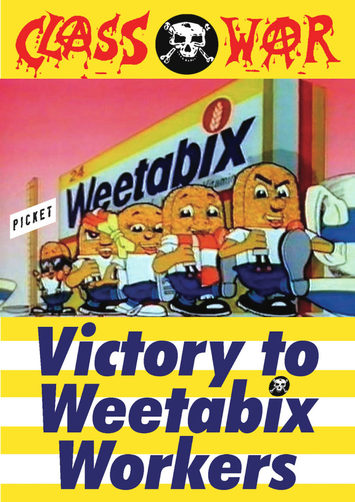
I spent the first eighteen years or so of my life without, as far as I can recall, ever using the word 'class', most probably because it was hardly ever used at home, at my friends' homes, at school or on radio (or rather wireless) and television. It was not that I was unacquainted with current affairs and recent history, and I could see for myself that some people were poorer than others. One of my parents' friends, Gladys, was a Labour councillor and sometime mayor of Stoke Newington (and didn't she know it!), while my father drifted between Conservative and Liberal, so I knew some of the ins and outs of politics in the 1960s. I also declared myself a Socialist at fourteen and kept a keen eye open for injustices. Some of the political arguments I heard, and sometimes engaged in, had been about fairness and justice but with little reference to class as such.
Then I went to university and class was mentioned all the time, both socially and in the titles of some of our reading matter. There were many people there, especially some of the lecturers, who lived and breathed class and believed that it was the most potent force binding people together. How was it possible, I wondered, that there could be such a gulf between my life to date and the UEA campus? I asked some of my friends, both at home and at university, and they said they had experienced the same surprise as me. Part of the reason may have been that the late Sixties and early Seventies coincided with a left wing upsurge at universities, but that by itself did not seem quite adequate an explanation for such a sudden chalk and cheese change. It only dawned gradually, both at university and later, that I was not so strange after all and that the new campus politics of class were at odds with many people's real lives. Class could be a binding force for some, but in practice it came near the bottom of a long list of other factors.
I and most of my friends for example, were Catholics. We went to Catholic schools and our social life was mostly (though not exclusively) with other Catholics. Some of our friends were richer than us, some poorer, but we were never very conscious of that because the most potent thing binding us made wealth differences far less relevant. Some of my friends were of Irish origin, some Polish, some Italian. These had their own little separate bonds, some stronger than others. Then in my part of London there were also a lot of Jewish people, many very religious, who had close-knit bonds that propelled Marxist ideas of class into the stratosphere. To a different degree the same could be said of Baptists, Methodists and other groups. Since that time new immigrants have arrived from many other parts of the world, many with very strong religious and racial bonds.
All this means that 'class' as a motivating force for the masses (and as an indicator of how they are likely to vote) has for a long time (maybe always) come well below religion, race, colour, gender, sexual orientation, town/country allegiance (we hear a lot now about shires and the 'metropolitan elite') and educational level. Now you can add other factors that are pushing class even further down the list, such as computer literacy and social media involvement. And then there are the things people really feel passionate about, a host of different things, some of which seem obscure or daft to those not involved but are the real life and death matters to those who care about them. The pro-life movement, animal rights, even the legalisation of cannabis, all of these can create bonds stronger than any class warrior could ever dream about.
 RSS Feed
RSS Feed